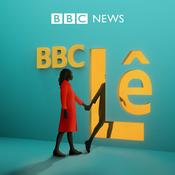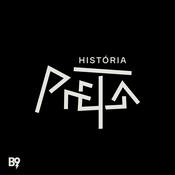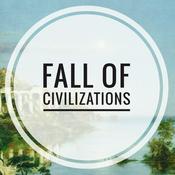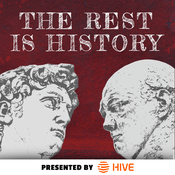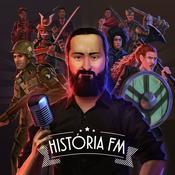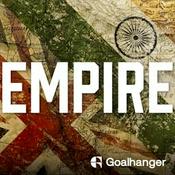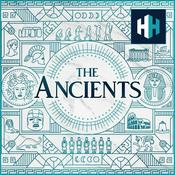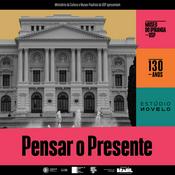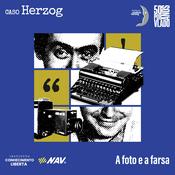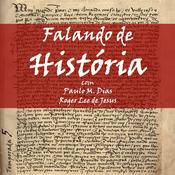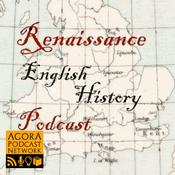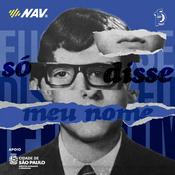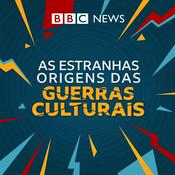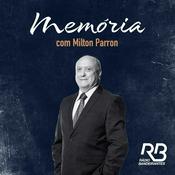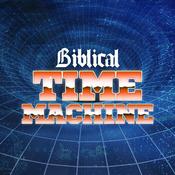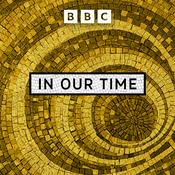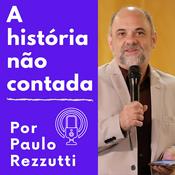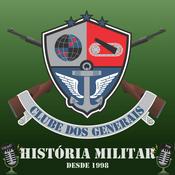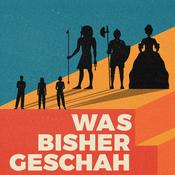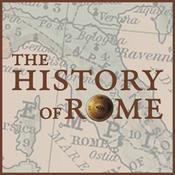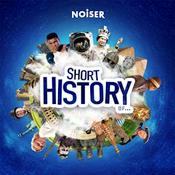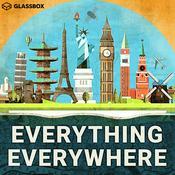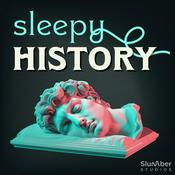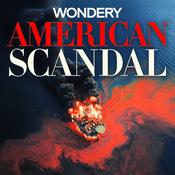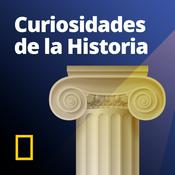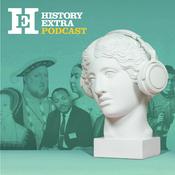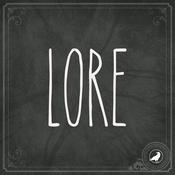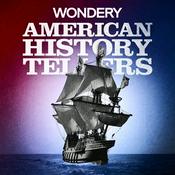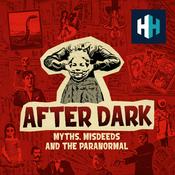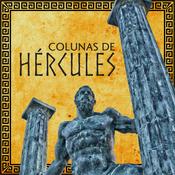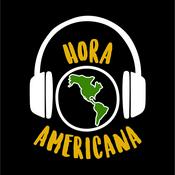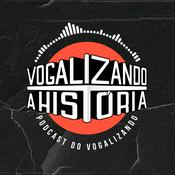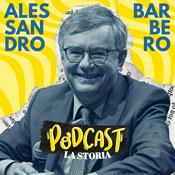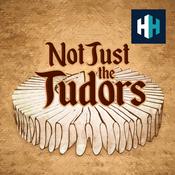Episódios Disponíveis
5 de 69
- EP. 68- Babi Yar: History, Memory, and Literature with Shay PilnikSend us a textThe mass shooting of Jews at Babi Yar in Kiev in September 1941 was the largest open-air shooting of Jews during the Holocaust. In some ways, it came to stand for the Einsatzgruppen killings taking place across the occupied Soviet Union. But as it was not a camp, it left no real physical traces behind. And this was in many ways to the liking of the Soviet government.In this episode, I talked with Shay Pilnik about the place of Babi Yar in Soviet postwar Holocaust memory. How did the state allow/repress commemoration of the massacre? And, in particular, how did Soviet writers, both Jewish and non-Jewish treat the Babi Yar massacre? It's a really enlightening conversation about the Holocaust, memory, and the ways in which the authoritarian state controls commemoration.Shay Pilnik is Director of the Emil A. and Jenny Fish Center for Holocaust and Genocide Studies at Yeshiva University.Follow on Twitter @holocaustpod.Email the podcast at [email protected] Holocaust History Podcast homepage is hereYou can find a complete reading list with books by our guests and also their suggestions here.--------1:21:02
- Ep. 67- Nuremberg Trials with Jack El-HaiSend us a textThe Nuremberg Trials were the first attempt at coming to terms with Nazi criminality. While there was a legal component to this, there was also a psychological element. What made Nazi minds tick? In this episode, I talk with Jack El-Hai about his work on psychiatrist Douglas Kelley who worked with the Nazi defendants at Nuremberg. This book also forms the basis for the new film Nuremberg. Jack El-Hai is an author with a particular interest in medical history. El-Hai, Jack. The Nazi and the Psychiatrist: Hermann Goring, Dr. Douglas M. Kelley, and a Fatal Meeting of Minds at the End of WWII (2013)Follow on Twitter @holocaustpod.Email the podcast at [email protected] Holocaust History Podcast homepage is hereYou can find a complete reading list with books by our guests and also their suggestions here.--------1:17:22
- Ep. 66- Feelings about Perpetrators in Yiddish Diaries with Amy Shapiro SimonSend us a textWe often make the mistake of thinking that history is all about what happened and why. However, its also very much about how people felt about what was happening to them.In this episode, I talked with Amy Shapiro SImon about her work on the ways in which Jews described their oppressors in Yiddish diaries. She researched diary writers in the Warsaw, Łodz, and Vilnius ghettos.Amy Shapiro Simon is the William and Audrey Farber Family Chair in Holocaust Studies and European Jewish History at Michigan State University. Simon, Amy Shapiro. Emotions in Yiddish Ghetto Diaries Encountering Persecutors and Questioning Humanity (2024)Follow on Twitter @holocaustpod.Email the podcast at [email protected] Holocaust History Podcast homepage is hereYou can find a complete reading list with books by our guests and also their suggestions here.--------1:33:30
- Ep. 65- A Nazi doctor and Post-war Justice with Andrew WiselySend us a textDespite some popular perception, Holocaust perpetrators are rarely cartoonish pure evil characters. In fact, many of them understood their guilt and actively sought to weave false narratives to exonerate themselves or avoid prosecution. The story of Franz Lucas is one such narrative. In this episode, I talk with Andrew Wisely about Lucas, an SS doctor at multiple concentration camps. We discuss his complicity in the Holocaust as well as his attempts to avoid prosecution in post-war German society.65Andrew Wisely is Professor of German at Baylor University.Wisely, Andrew. The Trial of a Nazi Doctor: Franz Lucas as Defendant, Opportunist, and Deceiver (2024)Follow on Twitter @holocaustpod.Email the podcast at [email protected] Holocaust History Podcast homepage is hereYou can find a complete reading list with books by our guests and also their suggestions here.--------1:31:09
- Ep. 64- The Birdman of Auschwitz with Nicholas MiltonSend us a textSometimes it can still be surprising how deeply the Nazi state tainted every aspect of society...including ornithology. In this fascinating episode, I talk with Nicholas Milton about Günther Niethammer, a famous academic who became a guard at Auschwitz where he continued his scholarly activities.It's a really interesting examination of both individual choices during the Holocaust and the impossibility of remaining divorced from the reality of Nazi crimes.Nicholas Milton is an historian, journalist, and birdwatcher. Milton, Nicholas. The Birdman of Auschwitz: The Life of Günther Niethammer, the Ornithologist Seduced by the Nazis (2025)Follow on Twitter @holocaustpod.Email the podcast at [email protected] Holocaust History Podcast homepage is hereYou can find a complete reading list with books by our guests and also their suggestions here.--------1:16:13
Mais podcasts de História
Podcasts em tendência em História
Sobre The Holocaust History Podcast
The Holocaust History Podcast features engaging conversations with a diverse group of guests on all elements of the Holocaust. Whether you are new to the topic or come with prior knowledge, you will learn something new.
Site de podcastOuça The Holocaust History Podcast, BBC Lê e muitos outros podcasts de todo o mundo com o aplicativo o radio.net
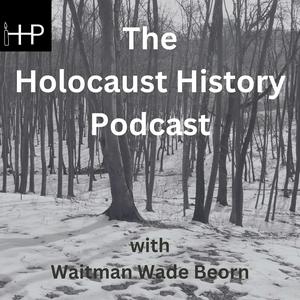
Obtenha o aplicativo gratuito radio.net
- Guardar rádios e podcasts favoritos
- Transmissão via Wi-Fi ou Bluetooth
- Carplay & Android Audo compatìvel
- E ainda mais funções
Obtenha o aplicativo gratuito radio.net
- Guardar rádios e podcasts favoritos
- Transmissão via Wi-Fi ou Bluetooth
- Carplay & Android Audo compatìvel
- E ainda mais funções


The Holocaust History Podcast
Leia o código,
baixe o aplicativo,
ouça.
baixe o aplicativo,
ouça.
